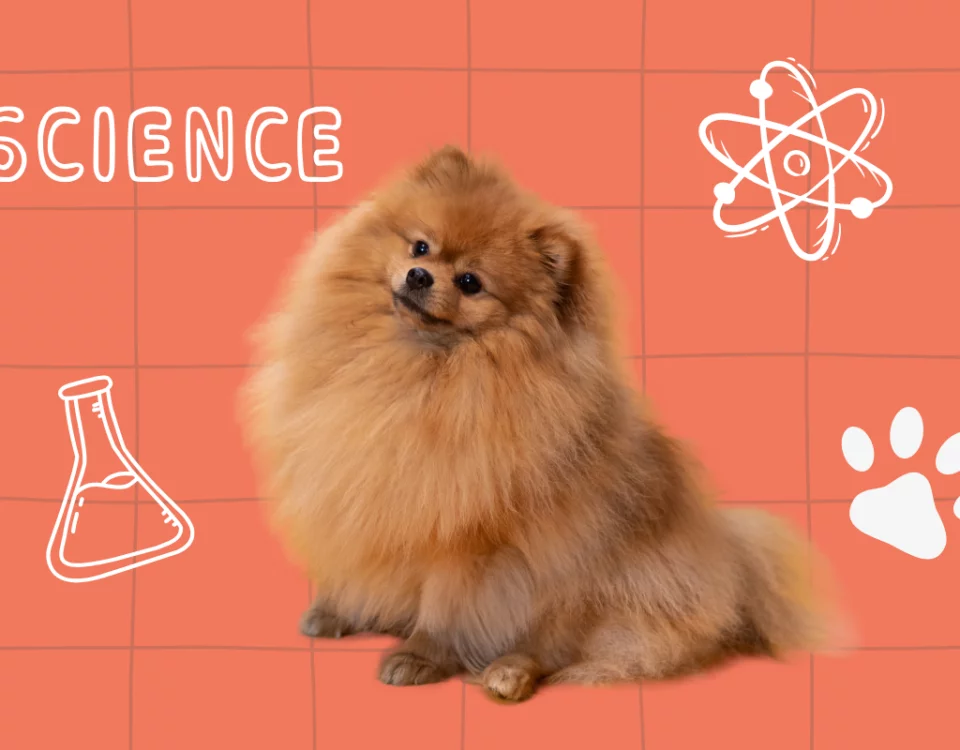One of the most common conceptions is that one human year is equivalent to seven dog years in terms of ageing. However, this equivalence is mistaken and has been consistently rejected by veterinarians.
A recent study, published in the journal Cell Systems, presents a new framework for comparing the aging of dogs and humans. In one of these comparisons, the researchers found that the first eight weeks of a dog's life are comparable to the first nine months of human childhood, but the ratio changes over time.
The research used epigenetics, a process by which modifications occur in the genome, as a biological marker to study the aging process. By comparing when and which epigenetic changes mark certain periods of development in humans and dogs, the researchers hope to gain specific insights into human ageing.
Study details
Scientists have carried out a comprehensive analysis and quantitatively compared the progression of aging between two mammals, dogs and humans. Scientists from the National Human Genome Research Institute (NHGRI), part of the National Institutes of Health (NIH), and collaborators from the University of California (UC) San Diego, UC Davis and the University of Pittsburgh School of Medicine conducted the research.
All mammals experience the same general line of development: birth, infancy, youth, puberty, adulthood and death. However, researchers have long sought specific biological events that govern when these life stages occur. One way of studying such progression involves epigenetics - changes in gene expression caused by factors other than the DNA sequence itself. Recent findings have shown that epigenetic changes are linked to specific stages of ageing and that these are shared between species.
The researchers focused on a type of epigenetic change called methylation, a process in which molecules called methyl groups are added to specific DNA sequences, usually parts of a gene. Affixing these DNA regions effectively deactivates the gene. So far, researchers have identified that, in humans, methylation patterns change in a predictable way over time. These patterns have enabled the creation of mathematical models that can accurately measure an individual's age - called 'epigenetic clocks'.









